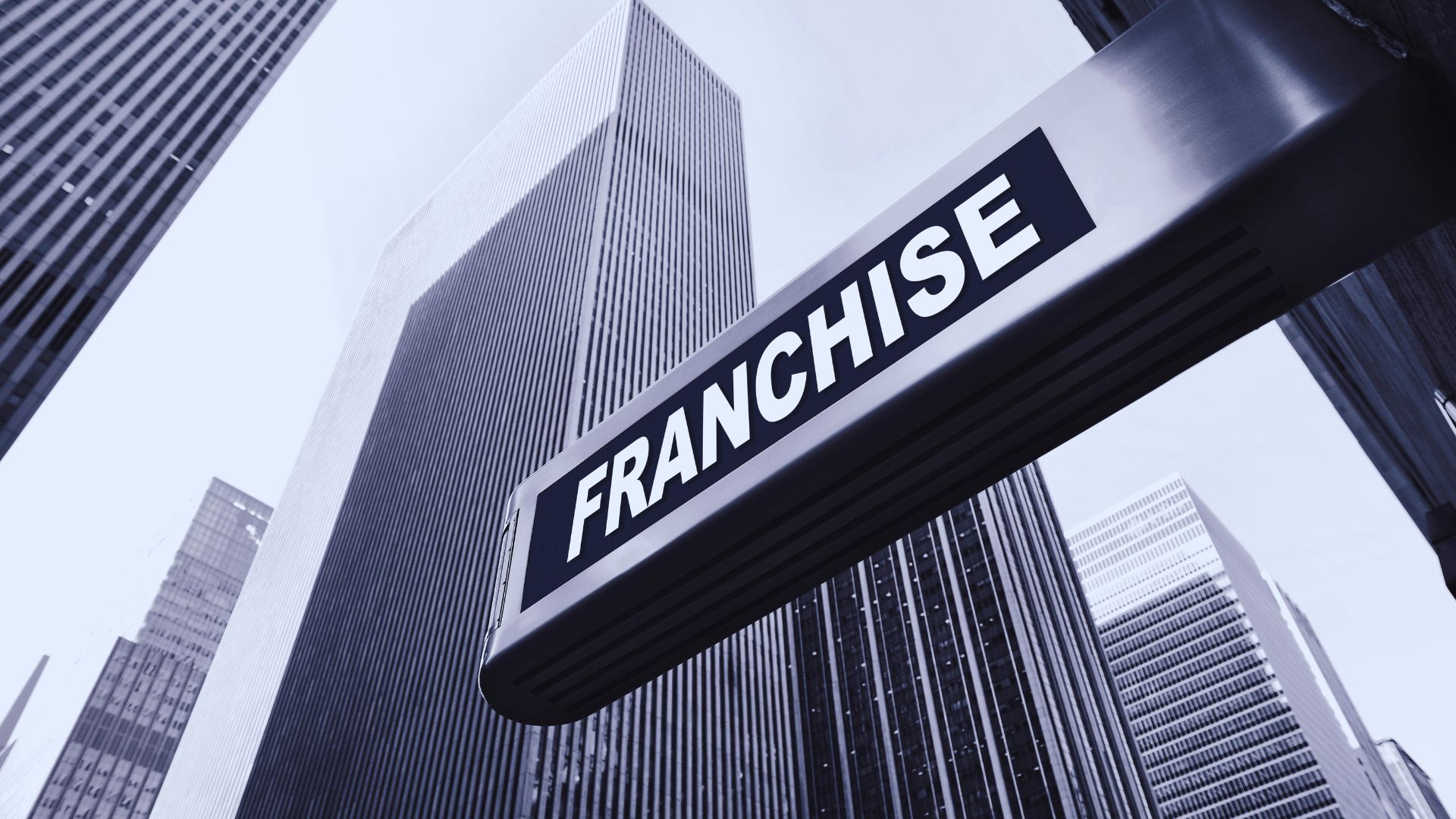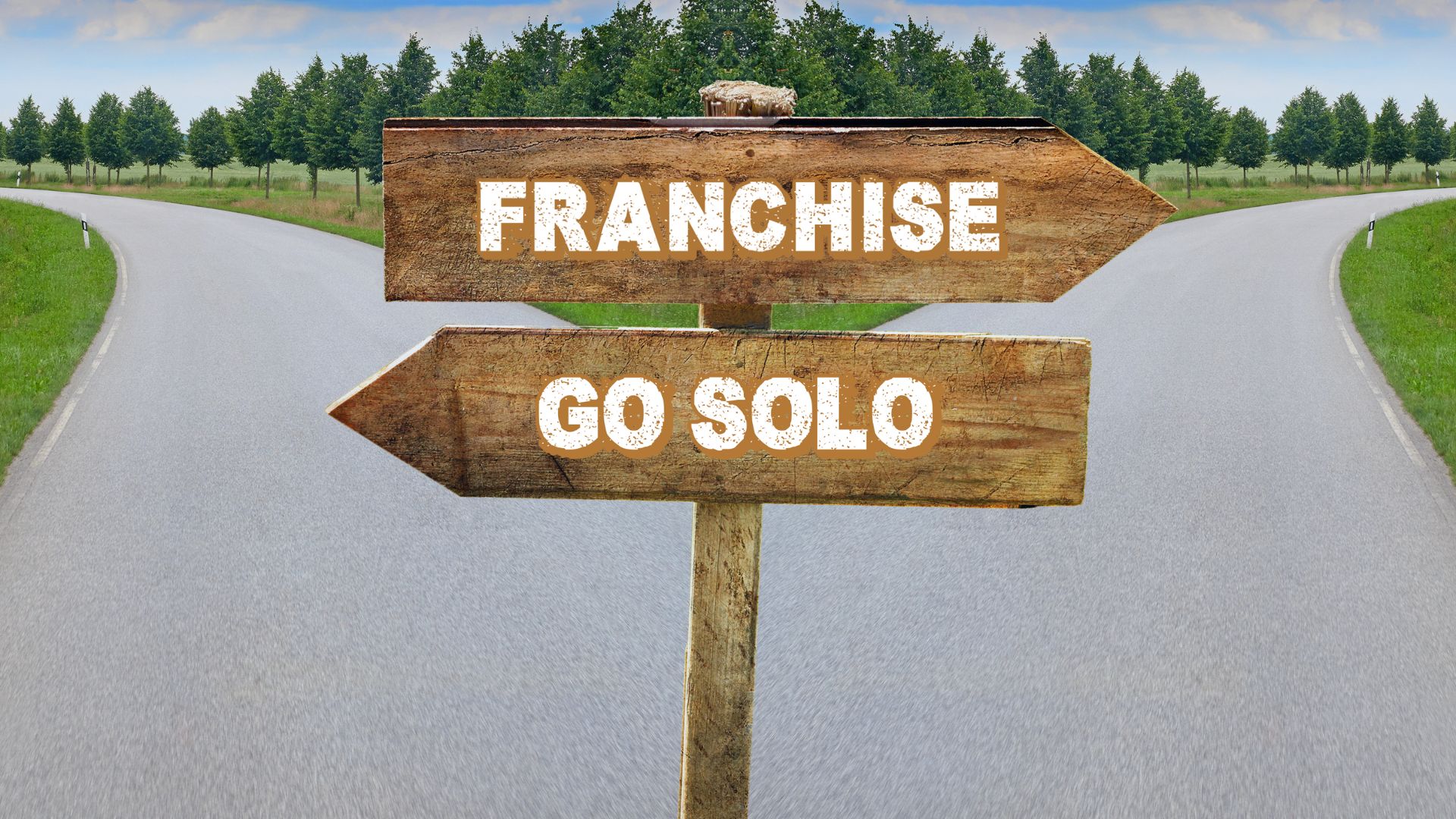Image Created By Canva
Too many brands treat franchise development like a waiting game. Serious growth comes from a predictable lead engine that finds the right candidates, moves them fast, and measures every step. Do that well and you lower cost per sale, compress the sales cycle, and award better units to better owners. Miss it and you burn budget while your highest intent prospects choose a competitor.
WHY PROPER LEAD GENERATION DECIDES FRANCHISE SALES SUCCESS
Strong franchise systems do not rely on chance. They build a pipeline that consistently attracts investor grade buyers, qualifies them early, responds quickly, and nurtures interest until a well-matched candidate signs. The data is blunt. The Annual Franchise Development Report shows average cost per lead rising to about two hundred fifty-three dollars and average cost per sale above eleven thousand six hundred, which means sloppy targeting and slow follow-up now carry a real price.
Speed matters. Harvard Business Review found that contacting a digital inquiry within one hour made teams nearly seven times more likely to qualify that lead than waiting even a little longer, and more than sixty times more likely than waiting a day or more. In other words, speed to lead is not a slogan. It is a measurable competitive advantage.
Franchising specific data points in the same direction. FranConnect observed that deals which ultimately closed were contacted within four hours at about double the rate of deals that did not, a sharp reminder that response discipline turns marketing spend into signed agreements.
Quality beats volume, yet you still need enough at bats. Industry benchmarking places blended lead to sale conversion in a tight band near one to two percent. Set targets and budgets with that in mind and you avoid both wishful thinking and overspending.
Channels evolve. Franchise Insights’ recent survey shows more teams leaning on portals and professional networking, with LinkedIn usage near half of developers and portal adoption rising, even as costs inch upward. That pattern tells you to diversify and to track cost and quality by source rather than chasing the cheapest name and email.
Here is a practical blueprint that matches what the data says and what top performing brands actually do.
- Define the buyer and build intent around their questions
Most serious candidates begin with discovery searches such as franchise opportunities, franchises for sale, and best franchises to own. Your content and ads must meet those exact intents, then lead buyers into brand specific proof like unit economics stories, ramp timelines, territory strategy, and training depth. Use high intent keywords and make your franchise overview pages fast, scannable, and rich with answers a buyer expects before they click Apply. - Engineer speed to lead across every intake point
Route inquiries instantly to humans who can call, text, and email. Use a call switchboard that alerts a live rep within seconds. Build autoresponders that confirm receipt, deliver a concise next step, and book a calendar slot. Measure minutes to first touch and minutes to live voice. Your goal is a five-minute response on paid media and portals and under one hour on organic. The payoff is real, as both HBR and FranConnect show. - Score for fit and sequence the follow up
Not every lead deserves the same effort. Score on capital, timeline, operating plan, and territory fit. High scores get same day executive outreach and a short path to an application and a call with development leadership. Mid scores go into a structured education track with case studies and webinar invites. Low scores receive light nurture. This keeps your best people focused where the upside is largest and keeps cost per sale controlled in a world where media and portal costs keep climbing. - Nurture with substance, not noise
Award worthy candidates often take weeks or months to decide. Long tail conversion is real. Residual conversion around one half of one percent can add unexpected wins when you keep educating and inviting candidates back at smart intervals. Think progress emails, operations videos, territory maps, and peer stories from current owners. Treat the drip like a seminar, not a billboard. - Optimize channel mix with ruthless math
Portals, paid search, paid social, LinkedIn, organic search, referral, broker, and public relations all play a role. The right mix for an emerging restaurant brand will not mirror a service concept. Watch first meeting rate, application rate, discovery day set rate, and closed rate by channel, and reallocate budget each month. Expect variance across the year. Developers also report that budgets are rising as teams pursue unit growth goals, which makes monthly rebalancing more important. - Build trust in every click and every call
Candidates compare brand stories quickly. Your franchise site should load fast, explain fees plainly, and articulate why your operating model wins. Use independent signals where appropriate, such as awards and press coverage, and keep testimonials specific to training, support, and profitability drivers. The goal is to help a serious buyer self qualify without making prohibited earnings claims. - Treat operations proof as the heart of marketing
Great messaging cannot fix weak unit economics. Your strongest content will always be the story of how the model makes money, how it protects margins, and how the franchisor helps the operator execute every day. If you are light on proof, fix the business before you scale the spend. - Forecast with reality not hope
If your blended close rate is near one to two percent, and you plan ten awards, you need between five hundred and one thousand qualified leads depending on channel mix and process discipline. Pair that math with current cost per lead and you can set a budget range before the year begins and adjust as results roll in. This is how teams avoid month twelve surprises. - Train the team like a sales organization
Publish a playbook. Record every call. Coach weekly. Role play objections about capital, timeline, and operating responsibility. Measure each developer on response time, meeting set rate, and movement between funnel stages. Recognize and reward the behaviors the data says will win. - Keep a forward view
Privacy changes will keep reshaping paid media. First party data and owned audiences will matter more than ever. Expect higher media prices and longer journeys for complex investments. The brands that win will keep investing in content that answers real questions, will shorten the path to a live conversation, and will redirect spend monthly toward the channels that are still producing award ready candidates.
Sources and websites
Franchise Update Media, 2024 AFDR summary on costs. https://www.franchising.com/articles/2024_afdr_uncovering_franchise_developments_strengths_and_weaknesses.html Franchising.com
Harvard Business Review, The Short Life of Online Sales Leads. https://hbr.org/2011/03/the-short-life-of-online-sales-leads Harvard Business Review+1
FranConnect, Fast Lead Response Can Double Your Franchise Sales. https://www.franconnect.com/en/fast-lead-response-can-double-your-franchise-sales/ FranConnect
Franchise Performance Group, Key metrics for diagnosing and fixing franchisee recruitment problems. https://franchiseperformancegroup.com/key-metrics-for-diagnosing-and-fixing-franchisee-recruitment-problems/ Franchise Performance Group
Franchise Direct, Lead Nurturing 101. https://www.franchisedirect.com/information/lead-nurturing-101-why-your-franchise-needs-it USA
Franchise Insights, 2025 Franchise Development Lead Sources Survey and related channel cost updates. https://www.franchiseinsights.com/franchise-development/franchise-lead-generation/2025-franchise-development-lead-sources-survey/ and https://www.franchiseinsights.com/franchise-development/changes-in-cost-per-lead-for-top-paid-franchise-development-lead-generation-sources/ Franchise Insights+1
Franchising.com, Studying the Numbers, 2025 AFDR highlights. https://www.franchising.com/articles/studying_the_numbers_the_2025_afdr_reveals_crucial_brand_data.html Franchising.com
SEOpital, The Best Franchise SEO Keywords. https://www.seopital.co/blog/the-best-franchise-seo-keywords SEOpital
SEOTuners, How to conduct keyword research for franchise marketing success. https://seotuners.com/blog/seo/how-to-conduct-keyword-research-for-franchise-marketing-success/ SeoTuners
Franchise Insights, The hidden value in franchise lead generation. https://www.franchiseinsights.com/franchise-development/franchise-lead-generation/the-hidden-value-in-franchise-lead-generation-lifetime-value-of-a-prospect/ Franchise Insights
This article was researched, outlined and edited with the support of A.I.











